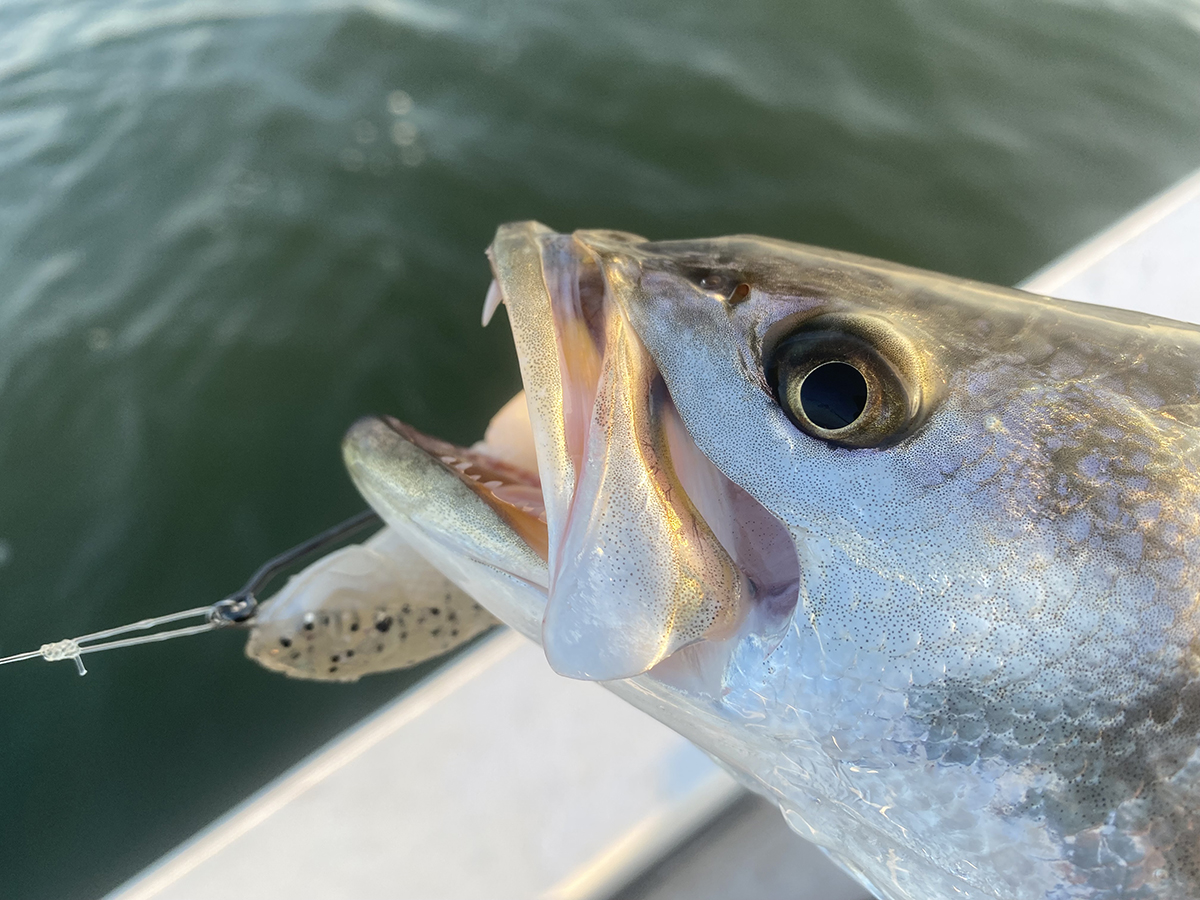Editor’s note: To stimulate discussion and debate, Coastal Review Online welcomes differing viewpoints on topical coastal issues. See our guidelines for submitting guest columns. The opinions expressed here are not those of Coastal Review Online or the N.C. Coastal Federation.
The Small Business Administration reports that more than 60 percent of total U.S. employment comes from family-owned businesses, and those businesses account for 78 percent of all new job creation. Allowing small and family-owned businesses to efficiently and effectively operate should be a goal of our representatives in Washington. Recently, North Carolina’s Republican Sens. Richard Burr and Thom Tillis did just that.
Supporter Spotlight

Our representatives in the Senate voted to block government waste, promote business and save taxpayer dollars, all at the same time. And while Congress is a familiar punching bag, often mired in ineffective bureaucratic nonsense that deserves criticism, the Senate should be lauded for its work last week.
The story behind how and why senators voted to do away with a duplicative program that dumped tens of millions in tax dollars down the drain, and threatens to waste tens of millions more annually by having two different regulators in the same facility inspecting seafood is a quintessential Washington waste narrative.
According to the Government Accountability Office, or GAO, the U.S. Department of Agriculture’s catfish regulation program is one of the most wasteful programs in federal history. It’s been targeted by GAO no fewer than 10 times as a duplicative waste. The office says the program, enacted eight years ago, has spent 20 million taxpayer dollars and done basically nothing. And the government is prepared to spend $14 million more every year to maintain the program. The answer to why the USDA hasn’t done anything with all those dollars over all those years can be found in the fact that the Food and Drug Administration already regulates fish; two regulators doing the same job and taxpayers footing the bill for both.
The program was never designed for food safety, it was actually designed as a trade barrier to imported catfish, a product that domestic catfish farmers saw as competition. By switching the regulator from FDA to USDA, imports of that one fish would essentially be barred from entry based on regulatory differences between the two systems. So while catfish farmers got a trade barrier aimed at their competition, the rest of the seafood community got two regulators in one facility. Expensive duplication and over regulation like that is what hurts small and family owned businesses.
The program also has the potential to hurt North Carolina farmers as the trade dispute that has erupted over the effort promises to inflict retaliatory trade tariffs on our agricultural exports. Talk about unintended consequences. North Carolina exports $494.4 million in agricultural products to the 13 countries that export the most seafood to the U.S.
Supporter Spotlight
Distributing safe, healthy seafood and serving delicious, affordable seafood meals is what our family business has done for decades. Keeping this unnecessary program out of our facilities and off our plates saves consumers money. A tip of the hat to Sens. Burr and Tillis for voting to get rid of this job-killing, tax-wasting boondoggle. Now it’s up to their colleagues in the House to follow suit.







